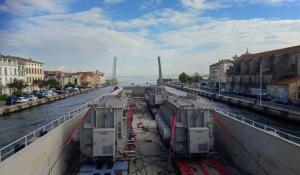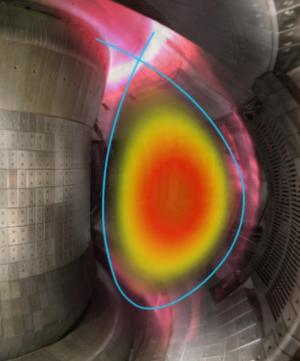What’s New
19 November 2018
ITER news digest for the period of 12 November 2018 to 19 November 2018.

Four large transformers expected on Friday


Désolé, cette page n'existe pas en français.

